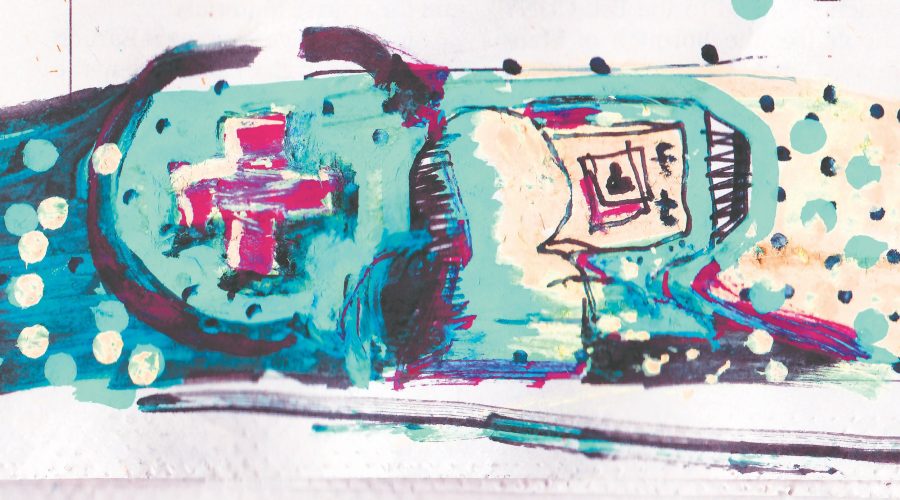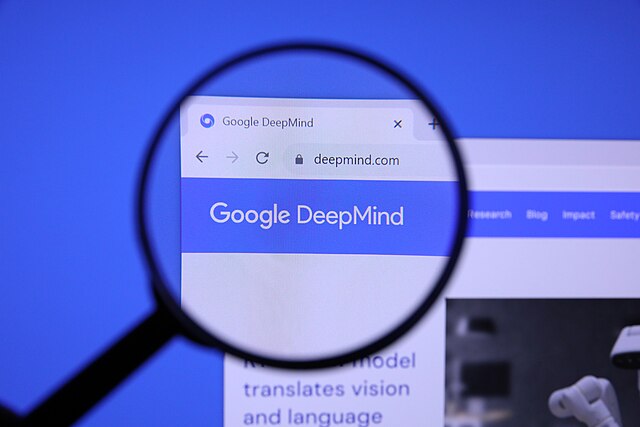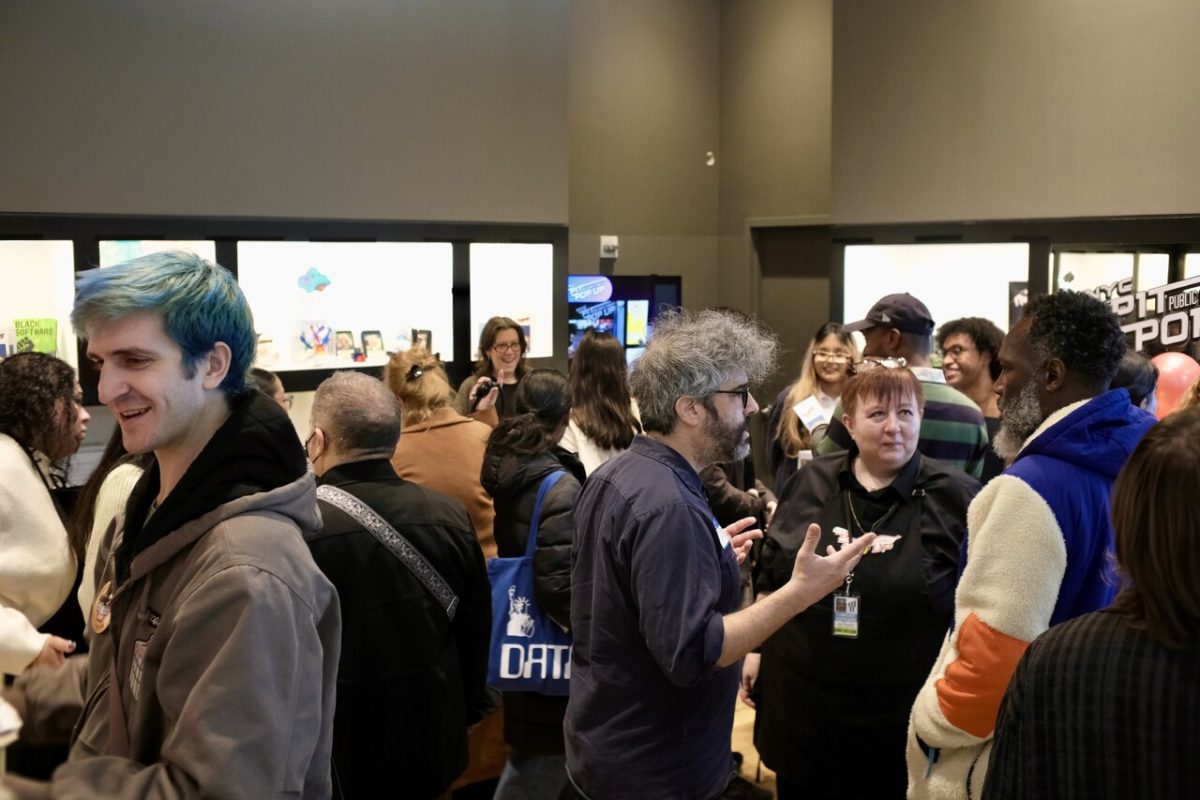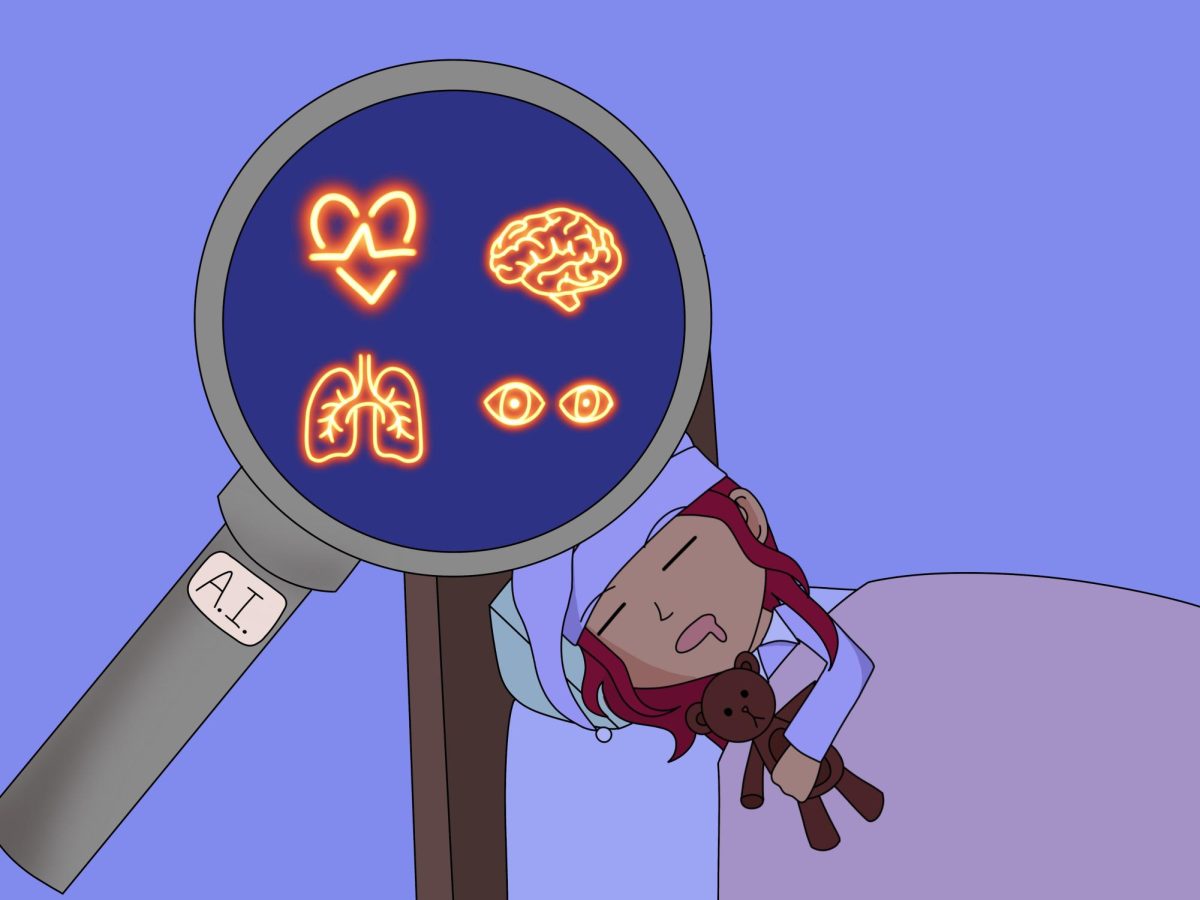Social media is a great place to look back at old memories and reminisce, but it can also help in discovering possible future diseases.
A medical research group from the University of Pennsylvania looked at social media posts in an attempt to predict users’ possible future diseases.
With the consent of 999 social media users, around 949,000 Facebook posts, each with 20 to 500 words, were analyzed. After an automated analysis, 21 medical conditions were predicted.
Some of the conditions predicted were diabetes, anxiety, depression and alcohol abuse. In the analysis, key words and demographics were looked at individually and then combined.
The posts analyzed by the research group traced back from 2009 to 2015. When calculating the probability for a condition, researchers used Python programs to analyze their data.
In the study, researchers divided the words from posts into topics.
Through these topics, the most common words were found and linked to different diseases. Key words like “drink” or “bottle” were tied to alcohol abuse and the words “God” and “pray” were used around 15 times more by people with diabetes.
Signs of hostility often pointed to drug abuse and posts about somatization — physical symptoms due to mental stress — were linked to depression.
The researchers also used patient’s electronic medical records, EMRs , which are digital medical records that track data over an extensive period of time.
The study brings up several big questions for social media users, should their data be analyzed for a possible health concern? Is it secure enough to allow researchers access to your data?
Interestingly enough, the social media data of a user is now being called a “social mediome,” comparable to the human genome with genes.
This “mediome” is what AI could use to identify possible future diseases. The researchers who conducted the study support the creation of an AI that users could allot their data to, in exchange for possible disease results.
Overall the results show that allowing access to one’s social media can provide benefits to the everyday social media user in terms of health and wellness.
While many studies are still trying to figure out the effect of social media on people’s mental health, it would not be fair to cast aside the benefits it can provide.
One study by the University of Pittsburgh centered on depression and anxiety that occurred with the use of social media.
Through a national survey, 1,787 participants between the ages of 19 and 32, were given questionnaires and the study found that participants that used seven to eleven social media platforms were three times more likely to have anxiety or depression.
The lead director, Brian Primack, stated that while depressive symptoms were present in social media users, it is not clear whether the symptoms were a direct effect from using social media, or if social media use was the result of the symptoms.
For instance, a user could look for a “way out” of reality and go to social media to escape. Primack claims that there are far too few studies on the matter which makes it harder to analyze the role of social media on one’s mental health.
There are 3.5 billion active social media users, according to an article by Our World in Data while the current world population is 7.8 billion people. That makes almost half of the world an active social media user.
The research being conducted on social media is becoming more valuable, and as time progresses the number of users on social media also grow.
College students who use social media should be aware of the possible effects of social media use and the likelihood of future disease predicting AI.








